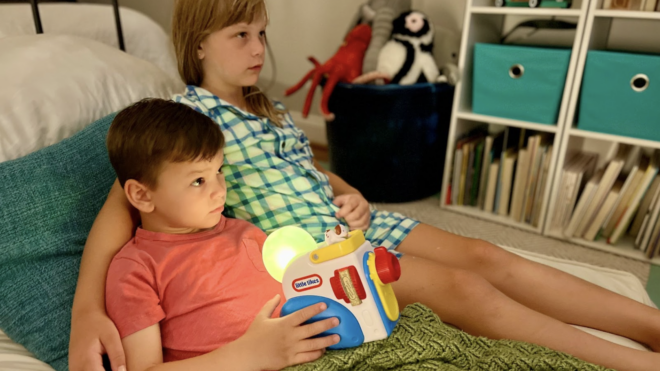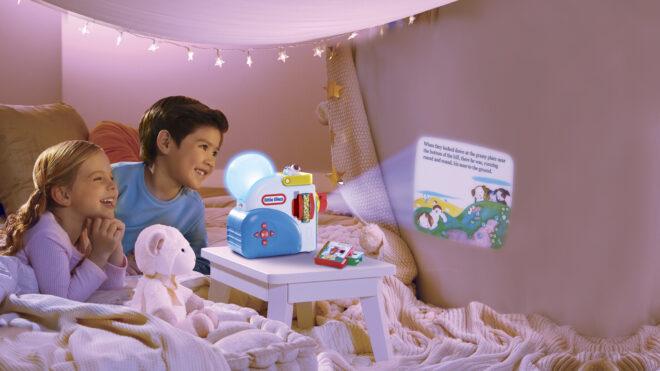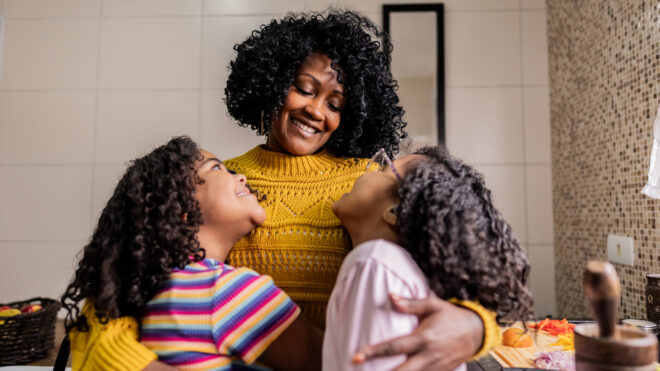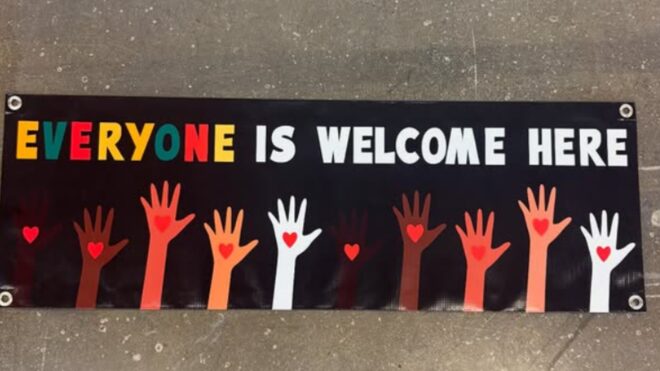
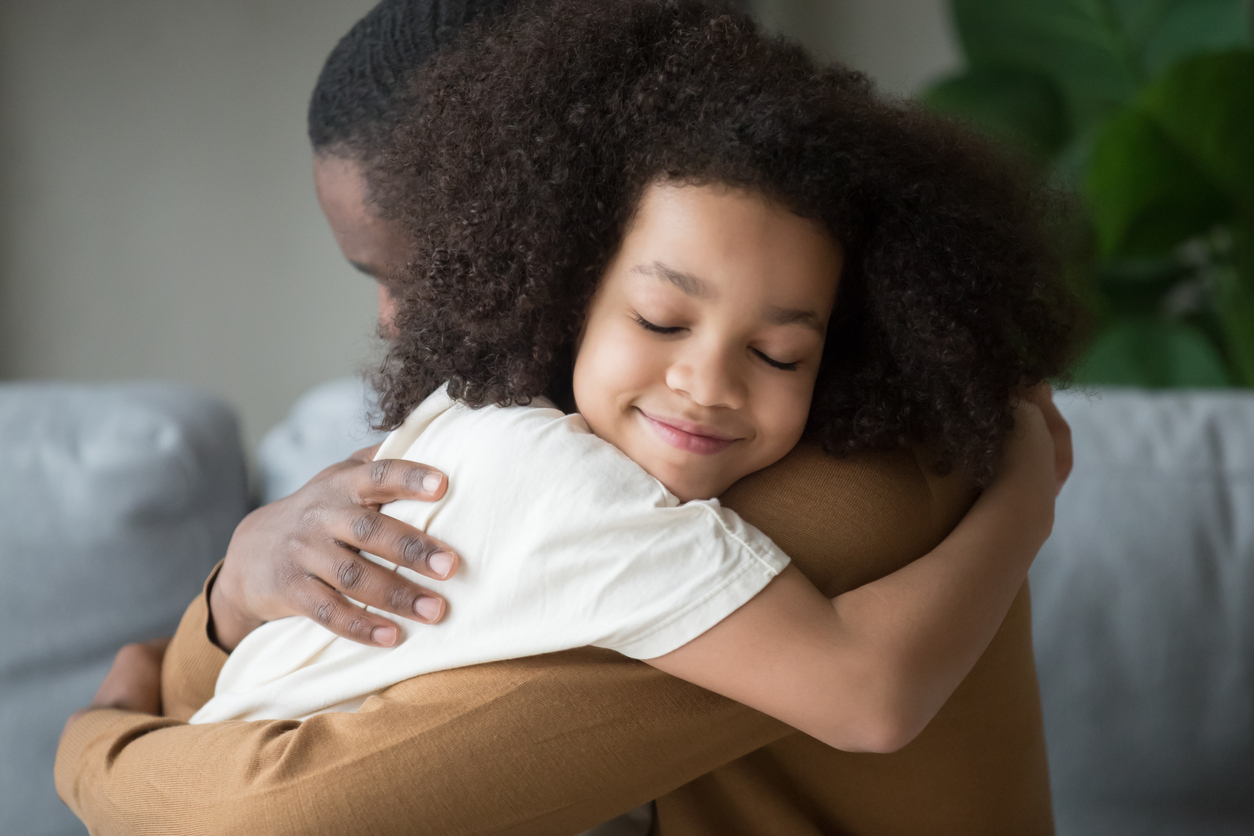
It may seem simple or like a no-brainer, but gratitude is arguably one of the keys to leading a better life. Coming from the Latin word gratia, which can mean grace or gratefulness, gratitude is the practice of feeling thankful for and appreciating what we have in our lives, such as our home, pet, and significant other.
Time and time again, research indicates that practicing and expressing gratitude helps people release more positive emotions and this in turn makes them happier and healthier.
So as we enter the season of giving and feeling thankful, it's important to teach our kids the value of gratitude. It may seem like a high-level abstract concept to some, so we came up with 15 easy everyday ways to incorporate more thankfulness into their lives.
Start a Gratitude Journal
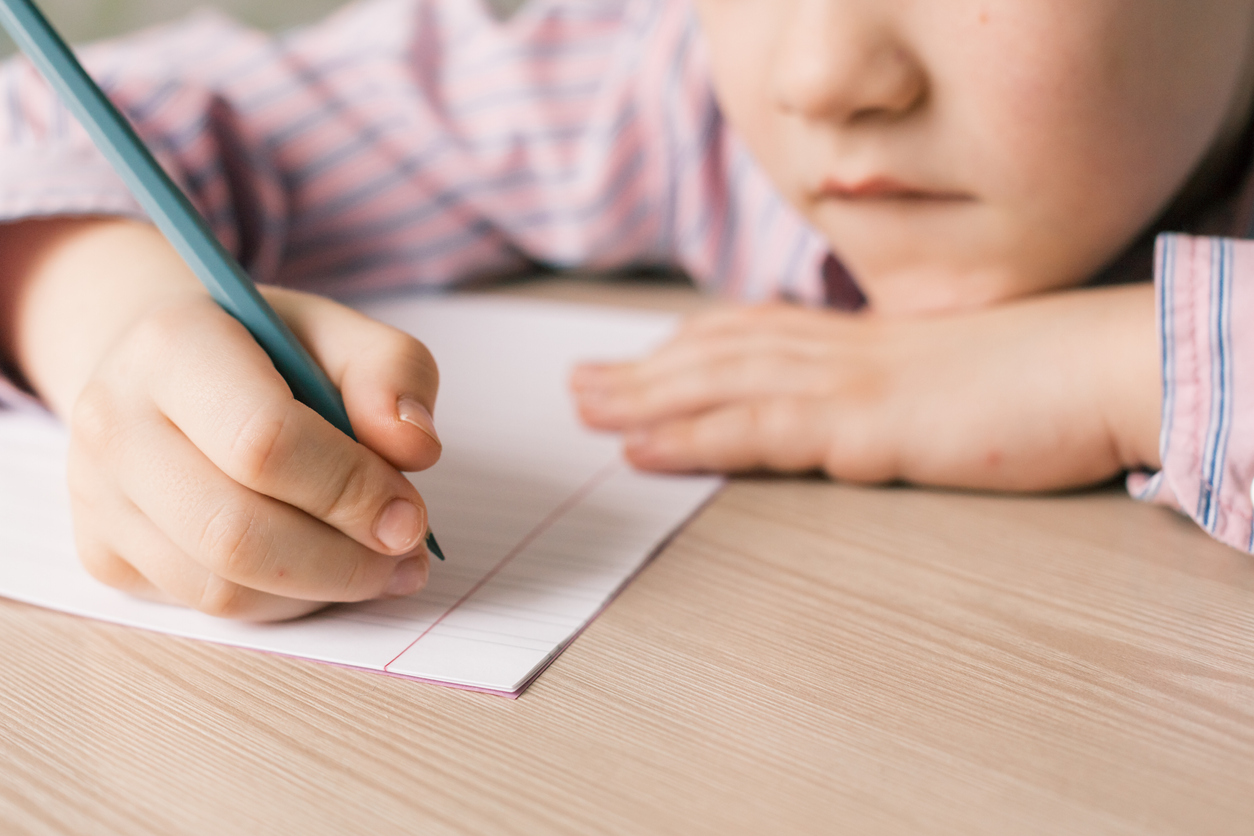
We've all heard of the power of a gratitude journal — a diary of sorts where we list out a few things that we're grateful for each day. This is a great little ritual to assign to a kiddo. Have her pick a notebook of her choice and then each night before bed or when she wakes up in the morning, she can write three to five things she's grateful for. When she's having a bad day, she can look back into the journal to see all things she has going for her instead.
Sharing Blessings at Dinner
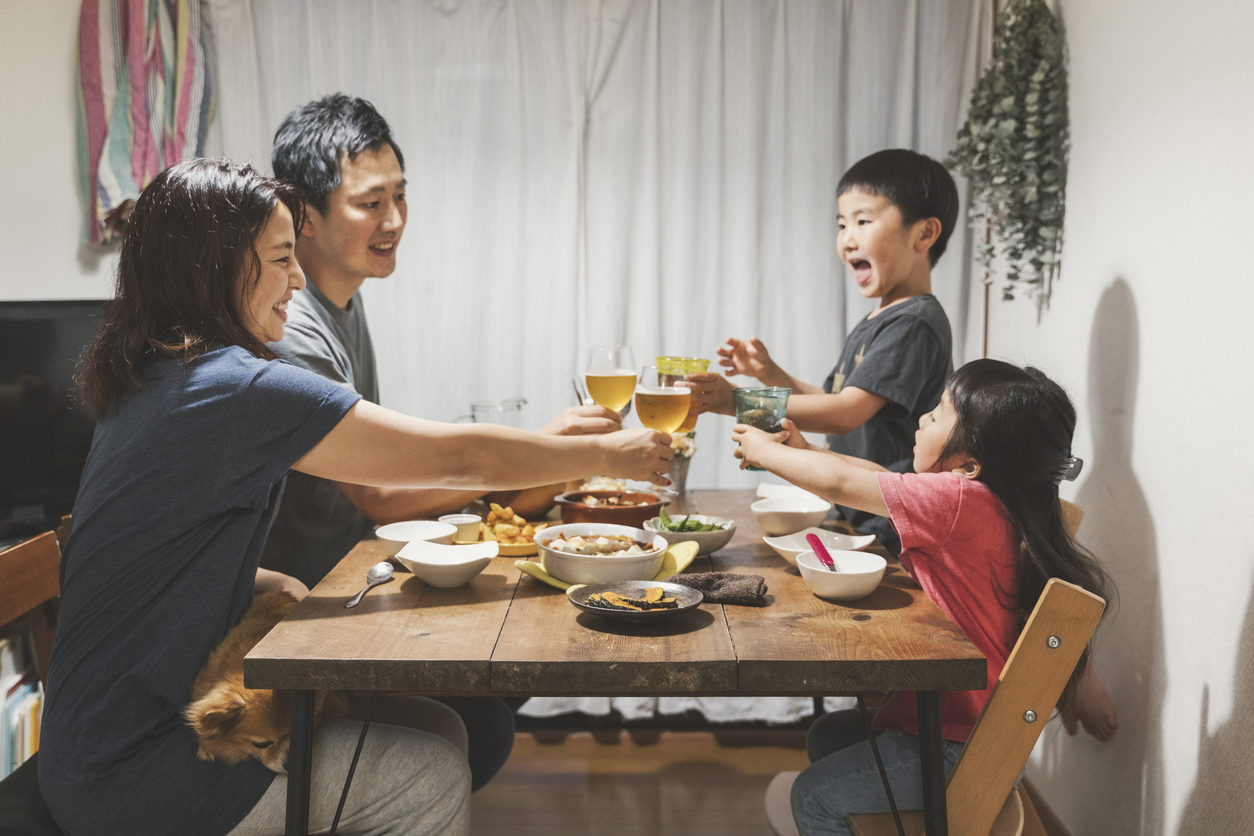
Make it a daily practice for everyone to share one good thing that happened during their day at the dinner table. Not only is it a good way to express gratitude but it helps the family feel connected to one another.
Look on the Bright Side

It's a fact of life that not everything that happens to us will be good. But that doesn't mean we should only focus on the negative. Make it a daily practice to help kids who are focusing on only the bad to try to look on the bright side of things. Instead of disliking the rainy weather, he can focus on how now he can spend quality time indoors with us and watch movies.
Always Say Thank You
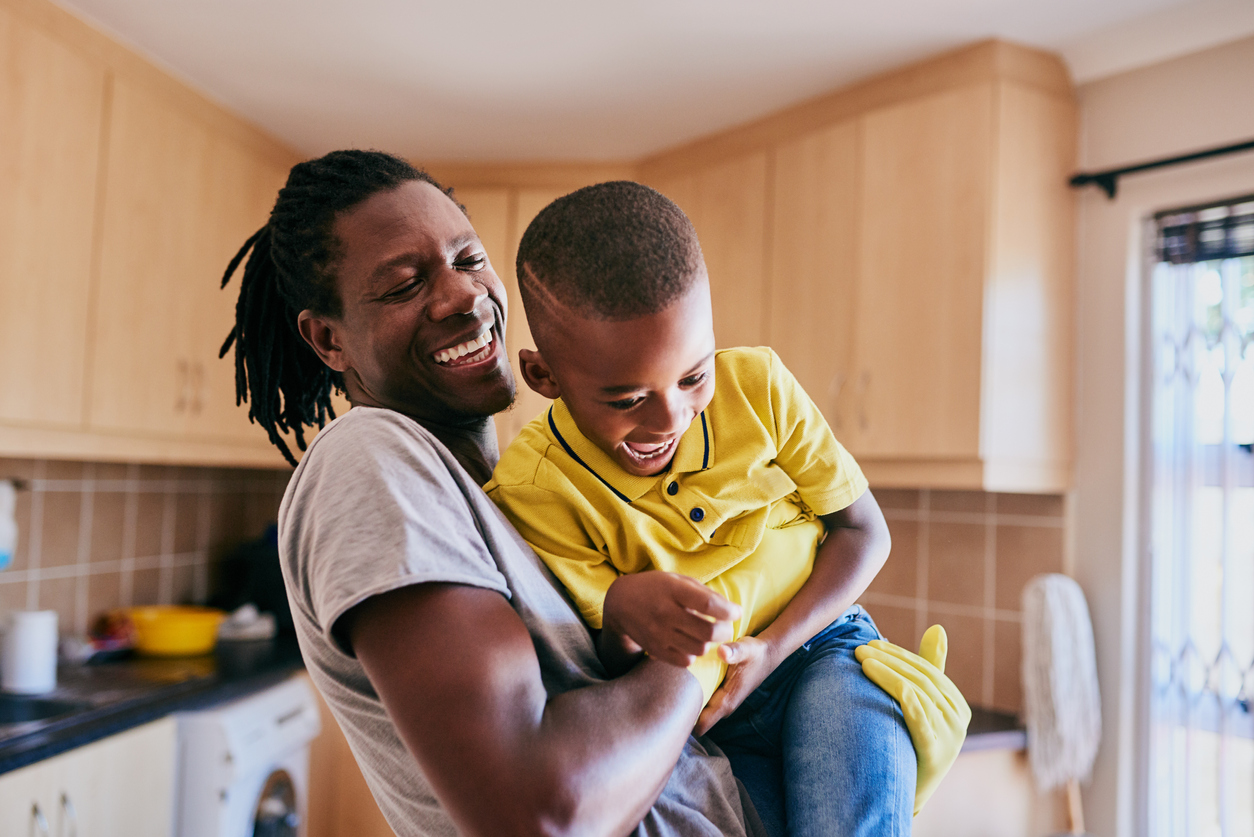
Saying "thank you" for even the smallest of things can go a long way. It's important to praise our kiddos to do just that every time someone helps them out or shows kindness. Make it a practice and it'll become second nature in no time.
Create a Gratitude Jar
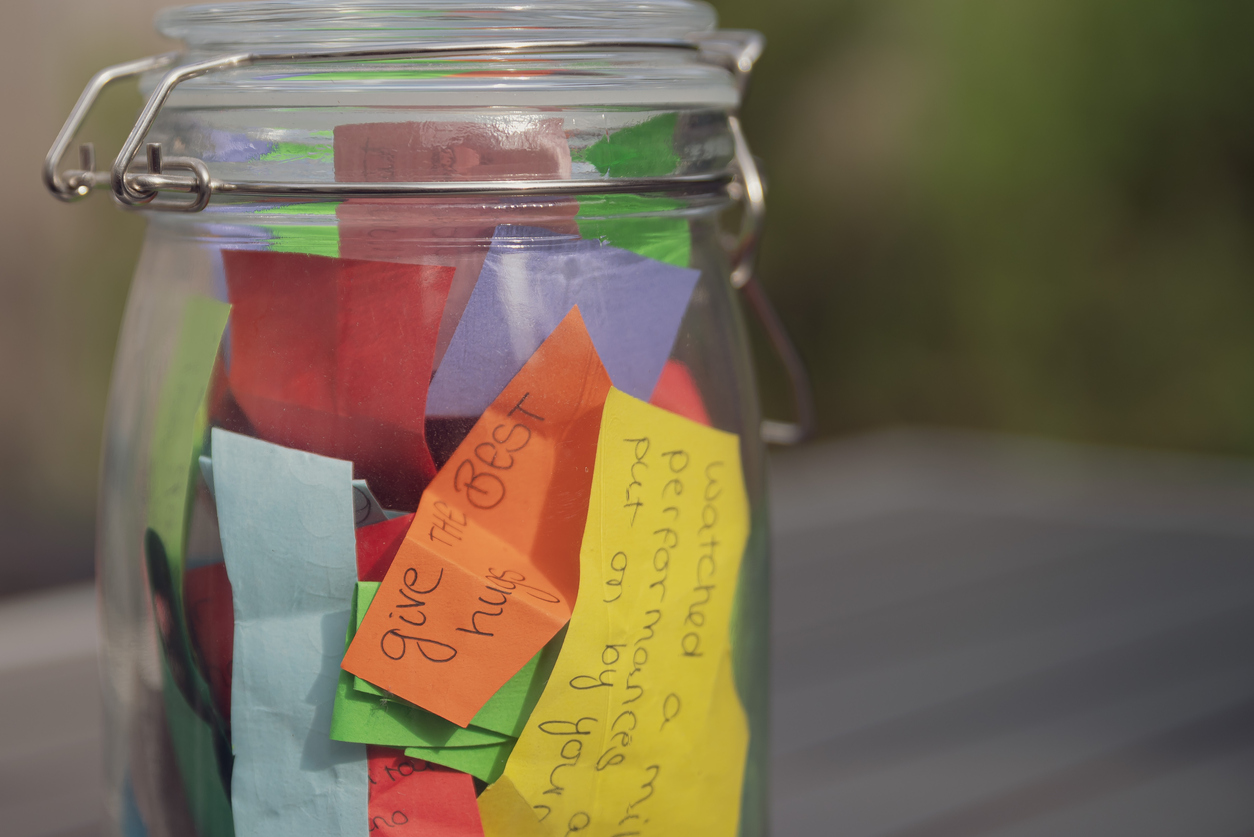
To show kids just how lucky they are in life, start a gratitude jar. Each time something good happens — no matter how small — or if they feel like expressing gratitude, they can write it on a small piece of paper and put it in the jar. Soon they'll see how much they have to be grateful for!
Go on Gratitude Walks

Get some fresh air while practicing thankfulness by going on gratitude walks. Grab the family and head outside and point out and discuss everything positive on the walk, from the warm sunshine to the falling leaves. This will show kids that it's about the simple pleasures.
Give Back to the Community
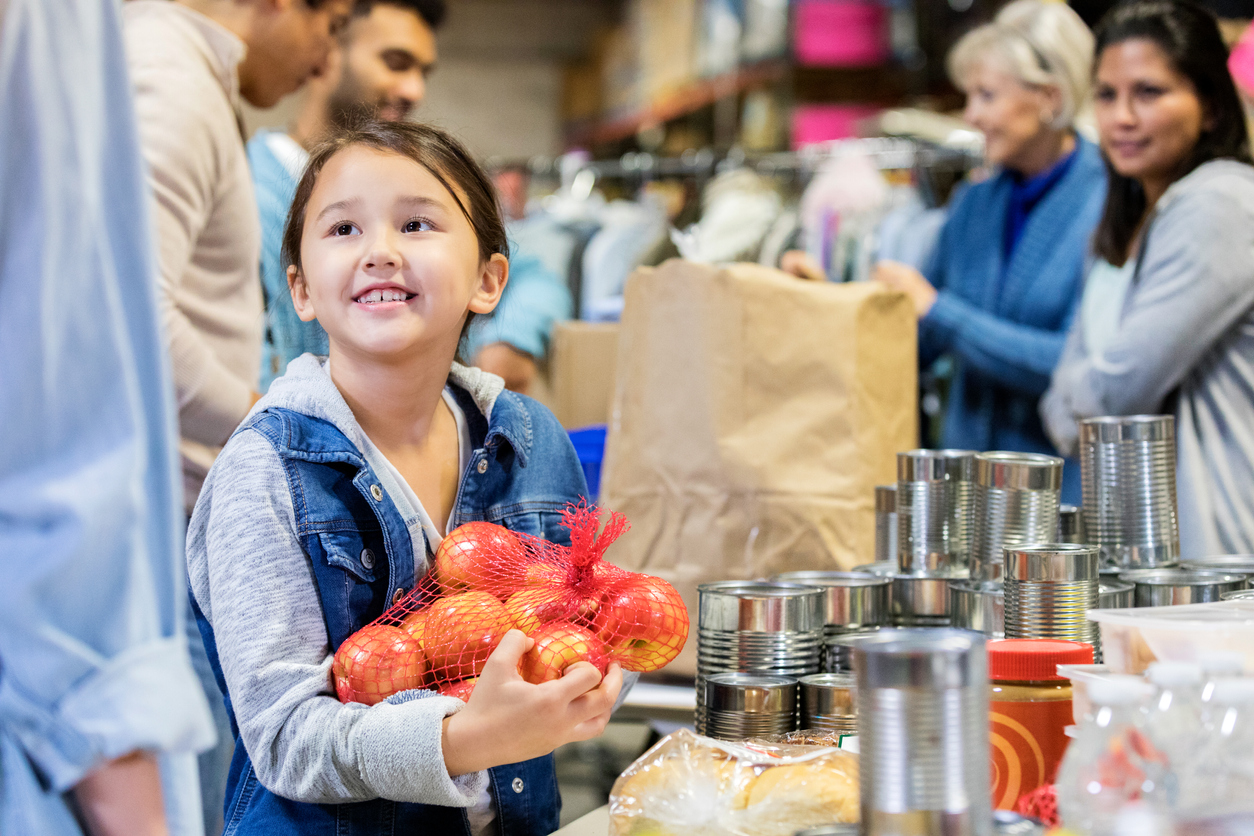
Giving back is a critical aspect of gratitude because it shifts our perspective from ourselves onto the bigger picture. Sign up to volunteer as a family and make it a regular thing to do together.
Have Kids Help Out With Chores
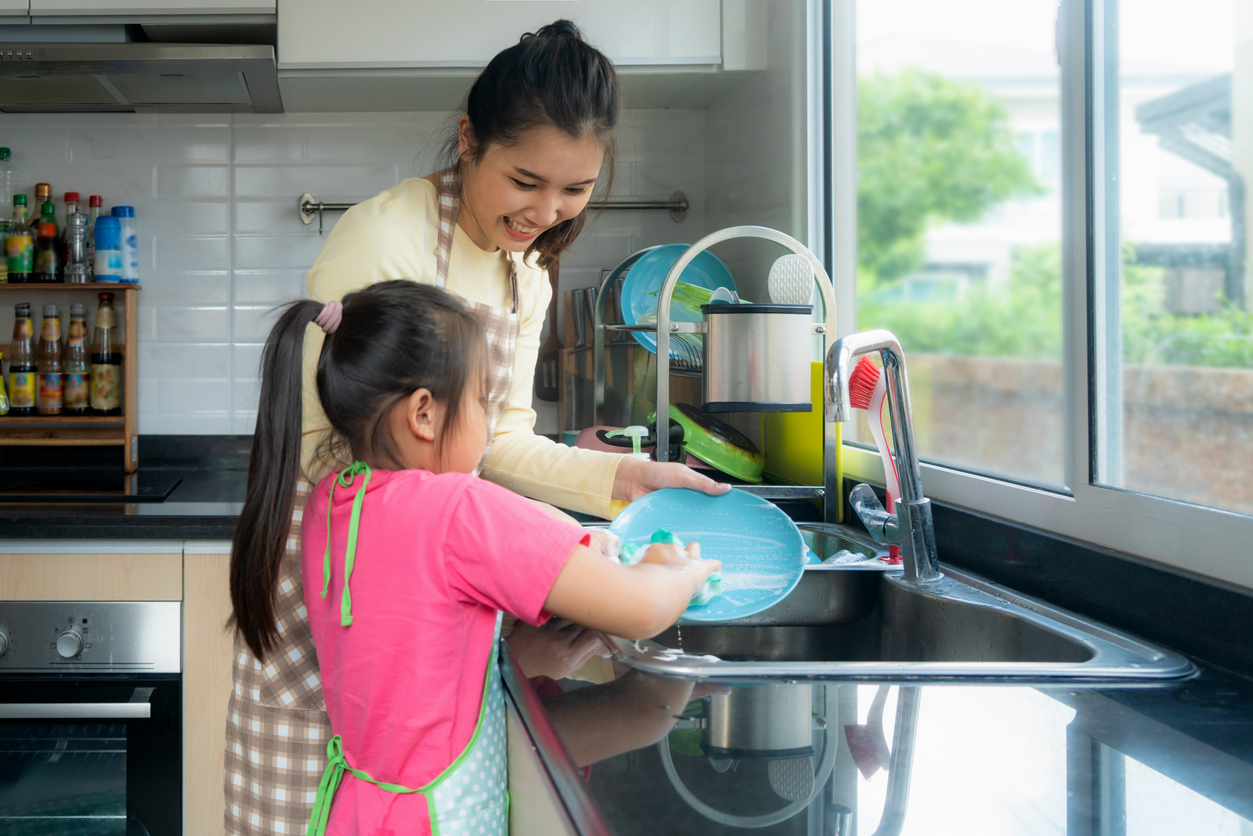
Have the kiddos help out when doing chores around the house. By having them experience mopping the floors and doing the dishes, they can be more appreciative instead of taking the fact that we clean the house for granted.
Encourage Thank-You Cards

Encourage kids to write thank-you notes when the moment calls for it. Not only is this always a nice gesture, but writing out a thank-you card forces them to think thoroughly about why they are grateful to that person.
Don't Be Afraid to Say No
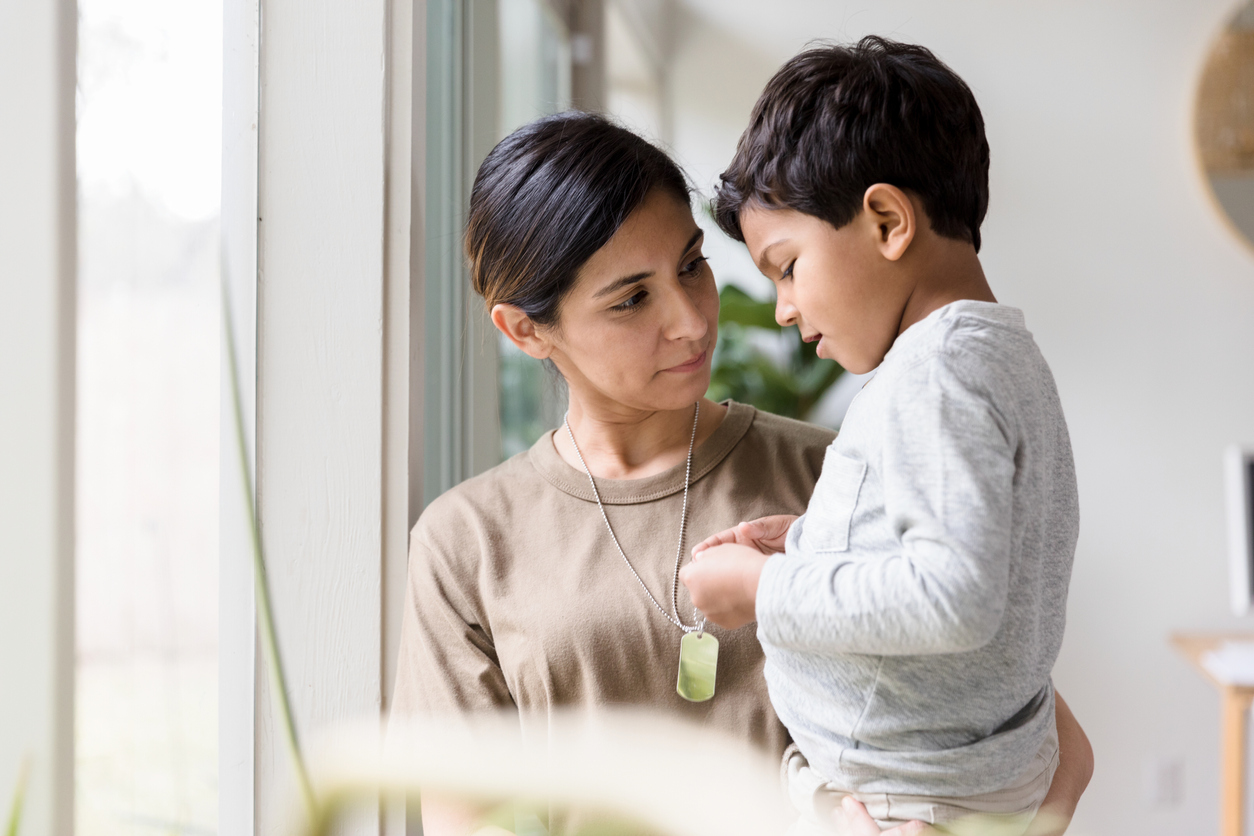
Of course, we want to give our children everything their hearts desire, but sometimes it's in their best interest that we say no to some things they want. This teaches them gratitude because they won't take the things they get for granted.
Talk About the Less Fortunate

Wherever we live, chances are there are also people there who are living in poverty or are less fortunate than we are. It's important to not glaze over these people but to talk to our kids about them, to humanize them. This way, our kids are kinder and more grateful for what they have.
Stop Comparing to Others

It's human nature to feel jealous and compare ourselves to other people. Perhaps someone else has a bigger house or newer car. It's important to not compare ourselves to others and especially to not vocalize it in front of our kids. We should also to talk to our kids if we hear them making a comparison themselves.
Give Something Each Day
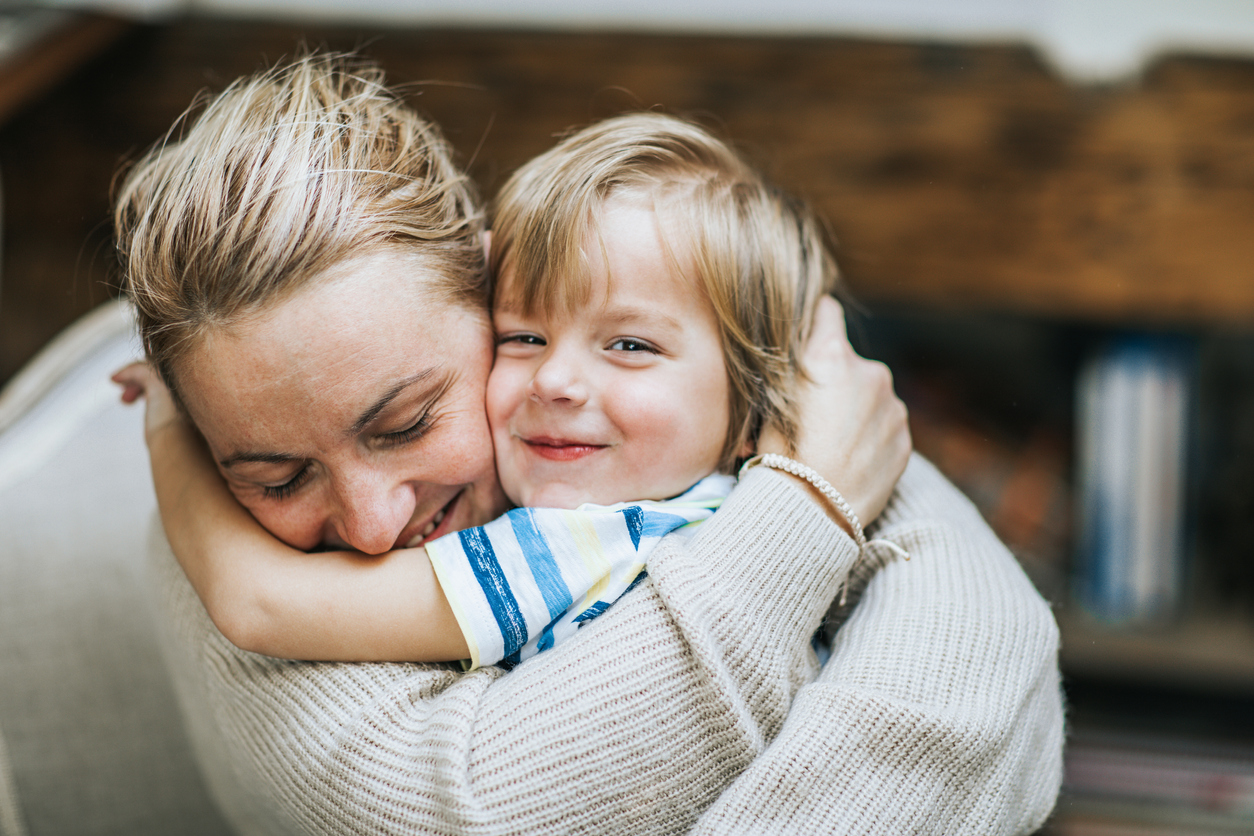
Make it a family practice to give something each and every day. It doesn't have to be a fancy or expensive gift — it can be as simple (but still meaningful!) as a hug, kiss, or compliment.
Make Note of Generosity When It Occurs
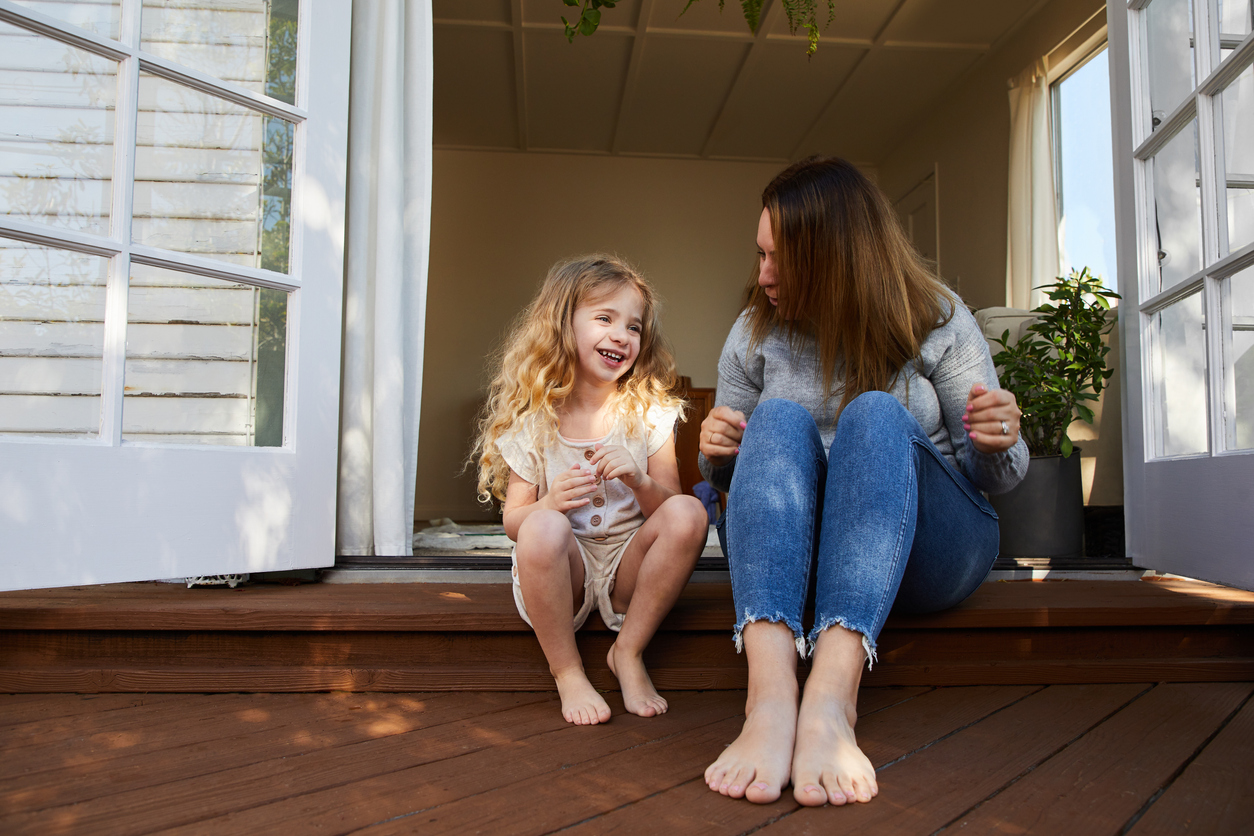
When we see moments of generosity, even if it's not happening to us, it's valuable and impactful to point it out to our children — especially if it's our child being kind and generous! Seeing generosity in action will help them understand how they can practice it in their own lives.
Create a Reverse Bucket List
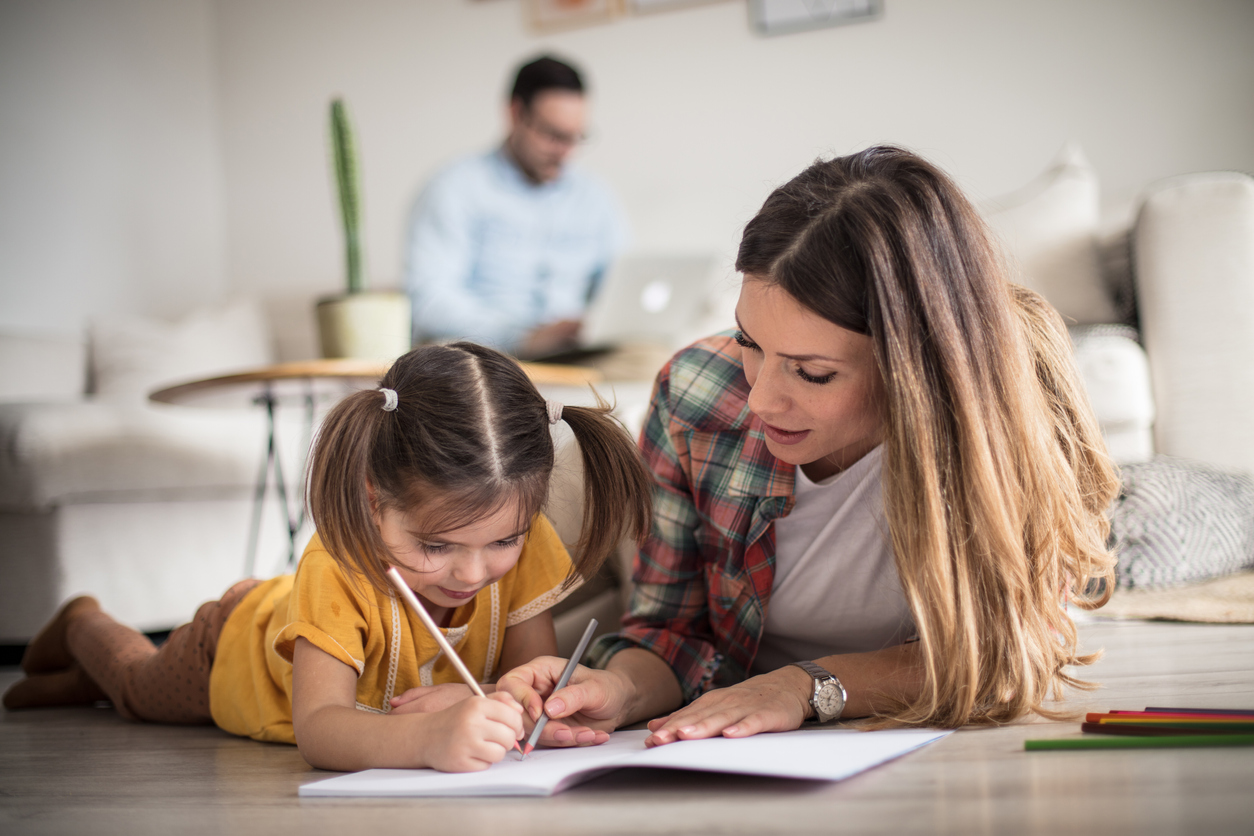
Instead of writing a regular bucket list, which is about all the things we want to accomplish in our life, consider writing out a reverse bucket list. Sounds interesting, right? A reverse bucket list is a list of everything we're happy we've already done in our lives. It helps kids look back and realize they already have a lot to be thankful for.

